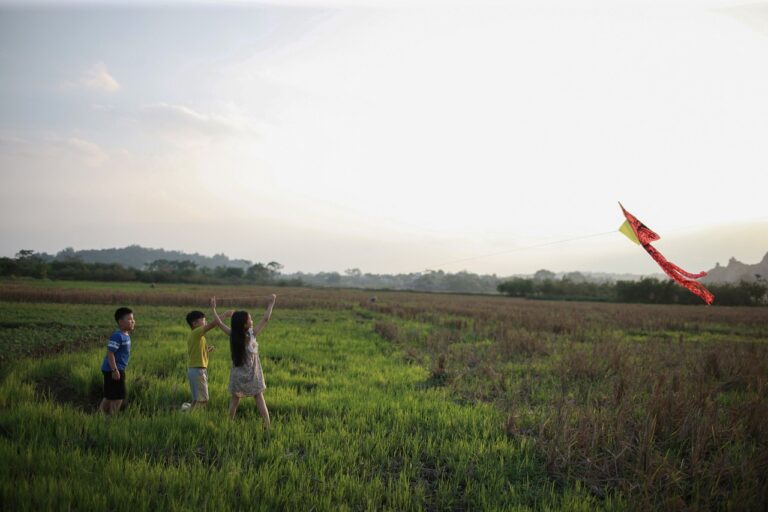Music Venues and Indigenous Rights: Land Repatriation and Sovereignty: 11xplay pro, Tiger 247 login, Betbook
11xplay pro, tiger 247 login, betbook: In recent years, the issue of land repatriation and sovereignty for Indigenous communities has gained increased attention and awareness. One area where these discussions are particularly relevant is in the context of music venues and events. Music venues often occupy land that was originally inhabited and owned by Indigenous peoples, raising important questions about ownership, rights, and representation.
For many Indigenous communities, the land holds deep cultural and spiritual significance. It is not just a piece of property but a vital part of their identity and heritage. When music venues are established on this land without proper consultation or consent, it can be seen as a form of erasure and disrespect to Indigenous peoples and their rights.
Land repatriation is the process of returning land to its original Indigenous owners. This can involve legal negotiations, historical research, and reconciliation efforts. By repatriating land that music venues are situated on, we can begin to address the historical injustices faced by Indigenous communities and work towards a more equitable and sustainable future.
Sovereignty is another key concept in discussions around Indigenous rights and land ownership. Sovereignty refers to the inherent right of Indigenous peoples to govern themselves and their land. This includes the right to make decisions about how their land is used, including whether or not to allow music venues to operate on their territory.
Music venues have a responsibility to engage with Indigenous communities in a respectful and collaborative manner. This means recognizing and honoring Indigenous rights to land and sovereignty, as well as ensuring that their voices and perspectives are heard and respected in decisions about the use of the land.
By working together with Indigenous communities, music venues can create spaces that are inclusive, respectful, and reflective of the diverse cultures and histories of the land on which they operate. This can involve partnerships with Indigenous artists, land acknowledgments at events, and community outreach and education efforts.
As we continue to navigate the complexities of land repatriation and Indigenous sovereignty, it is crucial that we center the voices and experiences of Indigenous peoples in these discussions. By listening, learning, and taking action, we can move towards a more just and equitable future for all.
### Key Considerations
– Acknowledging Indigenous Land Rights
– Collaboration and Consultation
– Representation and Inclusivity
– Education and Awareness
– Advocacy and Support
– Reconciliation and Healing
### FAQs
**Q: Why is land repatriation important for Indigenous communities?**
A: Land repatriation is essential for Indigenous communities because it acknowledges and restores their connection to the land, culture, and identity that have been historically erased and marginalized.
**Q: How can music venues support Indigenous rights and sovereignty?**
A: Music venues can support Indigenous rights and sovereignty by engaging in respectful partnerships, acknowledging Indigenous land rights, and amplifying Indigenous voices and perspectives in their operations.
**Q: What can individuals do to support land repatriation and Indigenous sovereignty?**
A: Individuals can support land repatriation and Indigenous sovereignty by educating themselves on these issues, advocating for Indigenous rights, and amplifying Indigenous voices in their communities.
As we continue to explore the intersections of music venues and Indigenous rights, it is crucial that we approach these conversations with empathy, humility, and a commitment to justice and reconciliation. By working together with Indigenous communities, we can create spaces that honor and respect the land and its original inhabitants.







